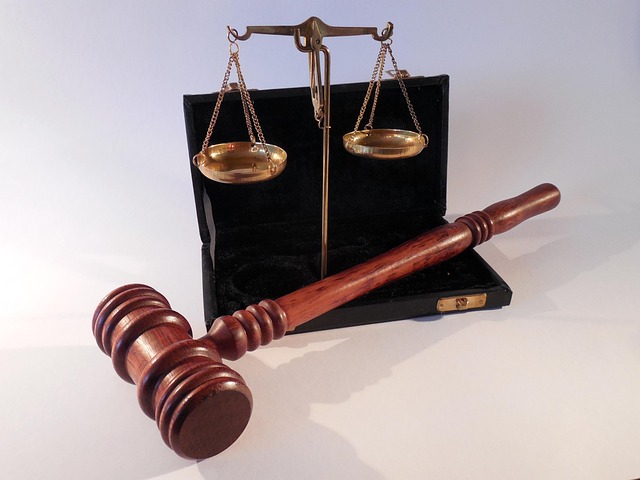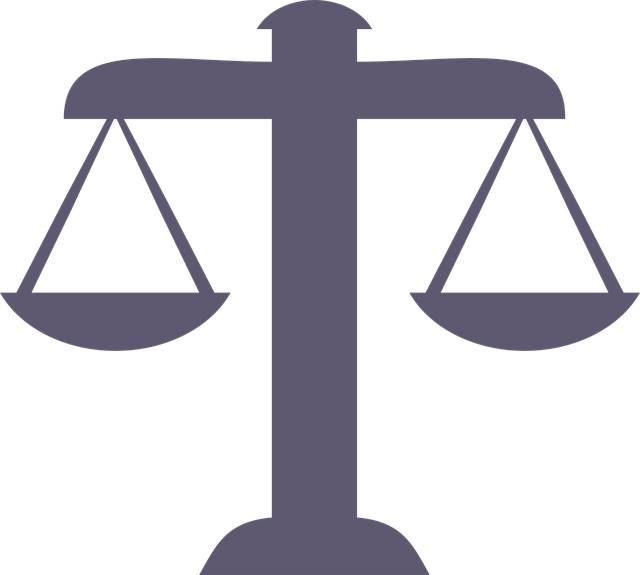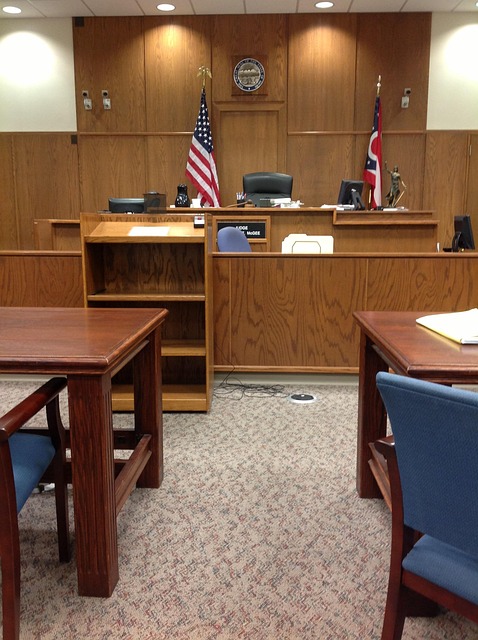Calculating damages in personal injury cases is a nuanced process requiring legal experts to navigate complex financial mechanisms. They assess medical expenses, lost wages, and pain & suffering through evidence gathering, expert opinions, and law application. The severity of injuries, economic losses, and defendant's behavior determine compensatory and punitive damages, aiming for fair outcomes and deterrence. This intricate process demands meticulous attention, especially in quantifying non-economic and complex damages involving white-collar crimes.
In the intricate landscape of healthcare law, personal injury cases demand meticulous attention. This article delves into the intricacies of calculating damages in such cases, emphasizing the pivotal role legal experts play. From understanding the basics of personal injury law to navigating complexities, we explore key factors determining compensatory damages. Furthermore, we dissect when punitive damages are awarded and strategies for achieving fair compensation. Armed with this knowledge, healthcare professionals and legal practitioners can better navigate these intricate matters.
- Understanding Personal Injury Law Basics
- Role of Legal Experts in Damages Calculation
- Key Factors in Determining Compensatory Damages
- Punitive Damages: When Are They Awarded?
- Navigating Complexities for Fair Compensation
Understanding Personal Injury Law Basics

Personal Injury Law forms a crucial pillar within healthcare legal practice, addressing compensation for harm suffered by individuals due to another party’s negligence or intentional acts. At its core, understanding how to calculate damages is paramount. In personal injury cases, damages refer to the financial recompense awarded to compensate for losses incurred, encompassing medical expenses, lost wages, pain and suffering, and more.
The process of calculating damages involves a meticulous examination of all stages of the investigative and enforcement process. Lawyers must consider both corporate and individual clients’ unique circumstances, advocating for fair and just outcomes. By meticulously piecing together evidence, expert opinions, and relevant laws, legal professionals can effectively argue for their clients, ensuring they receive the maximum compensation legally permissible for their injuries.
Role of Legal Experts in Damages Calculation

In personal injury cases, the role of legal experts is indispensable when it comes to calculating damages. With an unprecedented track record of success, healthcare law firms employ specialized attorneys who possess in-depth knowledge and expertise in navigating complex legal landscapes. These professionals are adept at gathering and presenting evidence, including medical records, expert opinions, and witness testimonies, to determine the full extent of a client’s injuries and associated losses.
By meticulously analyzing these factors, legal experts can accurately calculate damages, which may include medical expenses, pain and suffering, lost wages, and more. Their proficiency in jury trials ensures that clients receive just compensation, as they are skilled in presenting cases effectively before judges and juries. Moreover, their track record of achieving complete dismissal of all charges further underscores their capability to protect clients’ rights and interests throughout the legal process.
Key Factors in Determining Compensatory Damages

When determining compensatory damages in personal injury cases, several key factors come into play. One of the primary considerations is the extent of the injuries sustained and their impact on the plaintiff’s quality of life. This includes both physical and psychological impairments, pain and suffering, and any long-term effects that might affect future earnings capacity or daily functioning. Expert medical testimony often plays a crucial role in quantifying these damages, providing an unbiased assessment of the injuries and their duration.
Another significant aspect is the economic burden imposed by the injury. This involves calculating the cost of medical treatment, lost wages, and potential future losses. In cases involving white-collar defense or complex corporate issues, determining compensatory damages can be even more intricate. An unprecedented track record of successful settlements or trials for both corporate and individual clients underscores the expertise needed to navigate these legal landscapes, ensuring that damages are fair, comprehensive, and aligned with prevailing legal standards.
Punitive Damages: When Are They Awarded?

Punitive damages, a key component in calculating damages in personal injury cases, serve as a powerful deterrent in certain situations. These damages are not meant to compensate the victim but rather to punish the defendant and deter similar misconduct in the future. Courts typically award punitive damages when there’s evidence of reckless or intentional disregard for safety, leading to harm. The decision is often guided by the severity of the injury and the defendant’s actions or lack thereof during the legal process.
In personal injury cases that involve gross negligence or malicious intent, a jury trial may be the platform where punitive damages are determined. Achieving extraordinary results in these trials can hinge on presenting compelling evidence and effectively communicating the impact of the defendant’s actions to the jury. While general criminal defense strategies might not directly apply here, understanding the legal thresholds and presenting a strong case remain crucial for securing punitive damages awards that reflect the gravity of the situation.
Navigating Complexities for Fair Compensation

Navigating the complexities of healthcare law often involves intricate matters of compensation, especially in personal injury cases. When a patient sustains injuries due to medical malpractice, calculating fair damages becomes an essential aspect of the legal process. This involves a meticulous examination of all stages of the investigative and enforcement process to ascertain liability and assess appropriate restitution.
The challenge lies in quantifying non-economic damages, such as pain and suffering, which can be subjective and difficult to measure. Legal professionals must also consider the impact on the patient’s quality of life, medical expenses, and potential long-term effects of the injury. In cases involving white collar and economic crimes, the calculation of damages may extend beyond direct physical harm, encompassing financial losses and reputational damage suffered by individuals or philanthropic and political communities affected by misconduct.
Healthcare law firms play a pivotal role in navigating the complexities of personal injury cases, ensuring fair compensation for victims. By understanding the fundamentals of personal injury law, leveraging legal expertise in damages calculation, and considering key factors like compensatory and punitive damages, these firms help clients secure just outcomes. When it comes to calculating damages, specialized knowledge is essential to navigate the intricate details and advocate for the best possible settlement or verdict.






